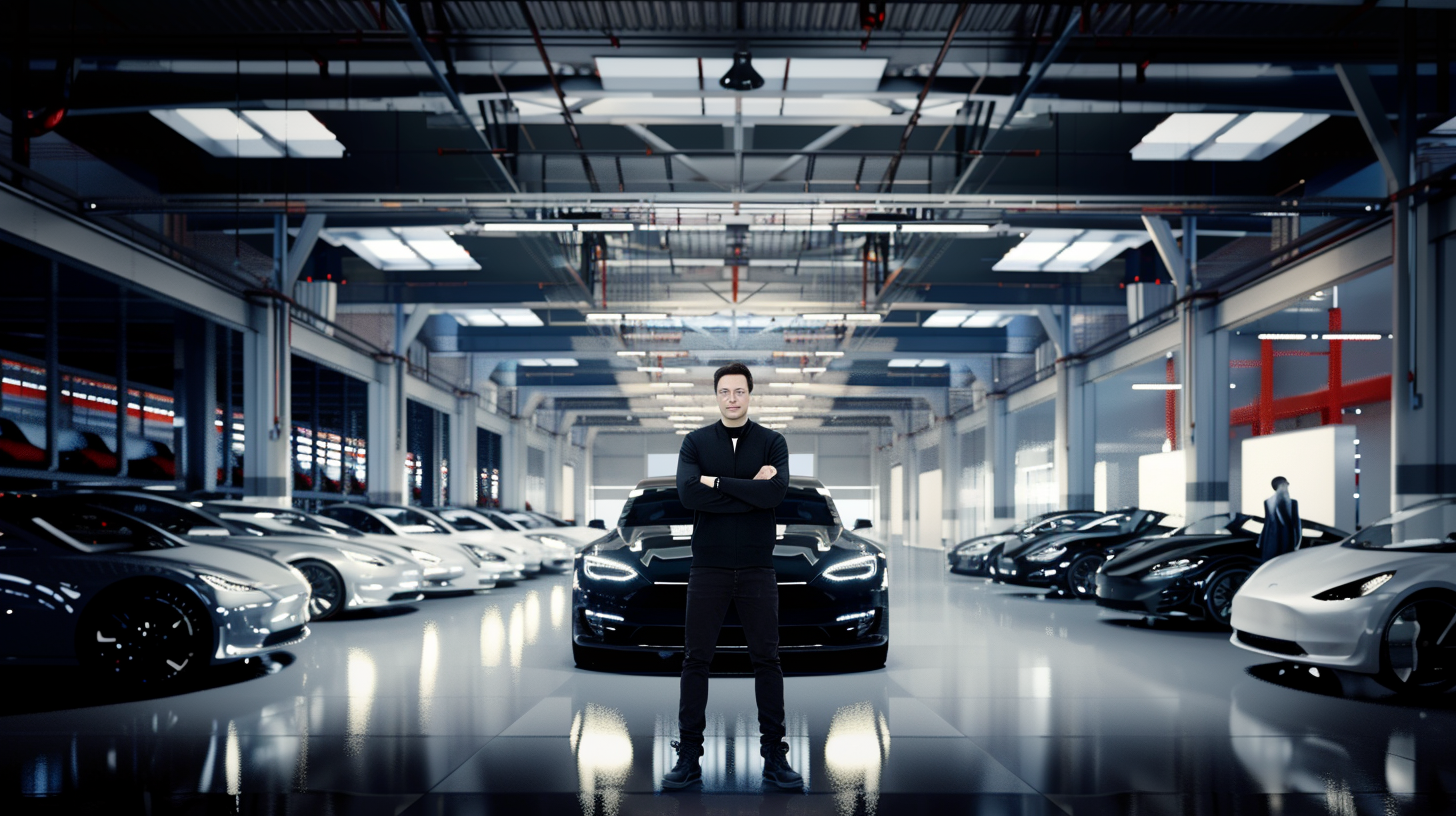In a move that has sent shockwaves through the electric vehicle industry, Tesla Inc. announced plans to lay off more than 10% of its global workforce. The decision, confirmed by CEO Elon Musk in an internal memo, comes on the heels of a disappointing first-quarter delivery report that missed analyst estimates and left the company with an excess inventory of over 46,000 vehicles.
The layoffs, which are expected to impact at least 14,000 employees out of Tesla’s 140,000-strong workforce, are part of a broader effort to cut costs and increase productivity as the company prepares for its “next phase of growth,” according to Musk’s memo. The move underscores the challenges facing Tesla amid a slowdown in EV demand, both in the United States and globally.
“As we prepare the company for our next phase of growth, it is extremely important to look at every aspect of the company for cost reductions and increasing productivity,” Musk wrote in the memo. “As part of this effort, we have done a thorough review of the organization and made the difficult decision to reduce our headcount by more than 10% globally. There is nothing I hate more, but it must be done.”
The announcement has sent shockwaves through the industry, with analysts offering mixed reactions to the news. Dan Ives, a noted Tesla bull at Wedbush Securities, described the layoffs as an “ominous signal” that speaks to tough times ahead for the company. “Demand has been soft globally, and this is an unfortunately necessary move for Tesla to cut costs with a softer growth outlook,” Ives said, adding that the move signals that Musk is navigating a “Category 5 storm.”
However, not all analysts view the layoffs as a negative development. Garrett Nelson, an analyst at CFRA, sees the move as consistent with actions undertaken by other automakers – and particularly EV pure-plays such as Rivian and Lucid – amid slowing EV growth rates. “We view the announcement as a sign of the times, but the fact Tesla is taking action to reduce costs amid the slowdown should be positive for the bottom line,” Nelson said.
The layoffs come at a critical juncture for Tesla, which has long been hailed as a pioneer in the electric vehicle space. After years of breakneck growth and ambitious expansion plans, the company now finds itself grappling with a rapidly changing market landscape. Rising interest rates and higher overall prices have dampened consumer demand for electric vehicles, while increased competition from legacy automakers and upstart EV manufacturers has intensified pressure on Tesla to maintain its competitive edge.
Musk has repeatedly emphasized the importance of affordability in driving EV adoption, fueling speculation that Tesla was working on a next-generation vehicle that would start at around $25,000. However, recent reports suggesting that the company had canceled the project were met with a swift denial from Musk, who instead teased the debut of a Tesla robotaxi on August 8.
As Tesla prepares to report its first-quarter earnings on April 23, all eyes will be on the company’s ability to weather the current storm and chart a course for long-term growth. The layoffs, while painful, may be a necessary step in ensuring Tesla’s long-term competitiveness in an increasingly crowded and challenging market.
